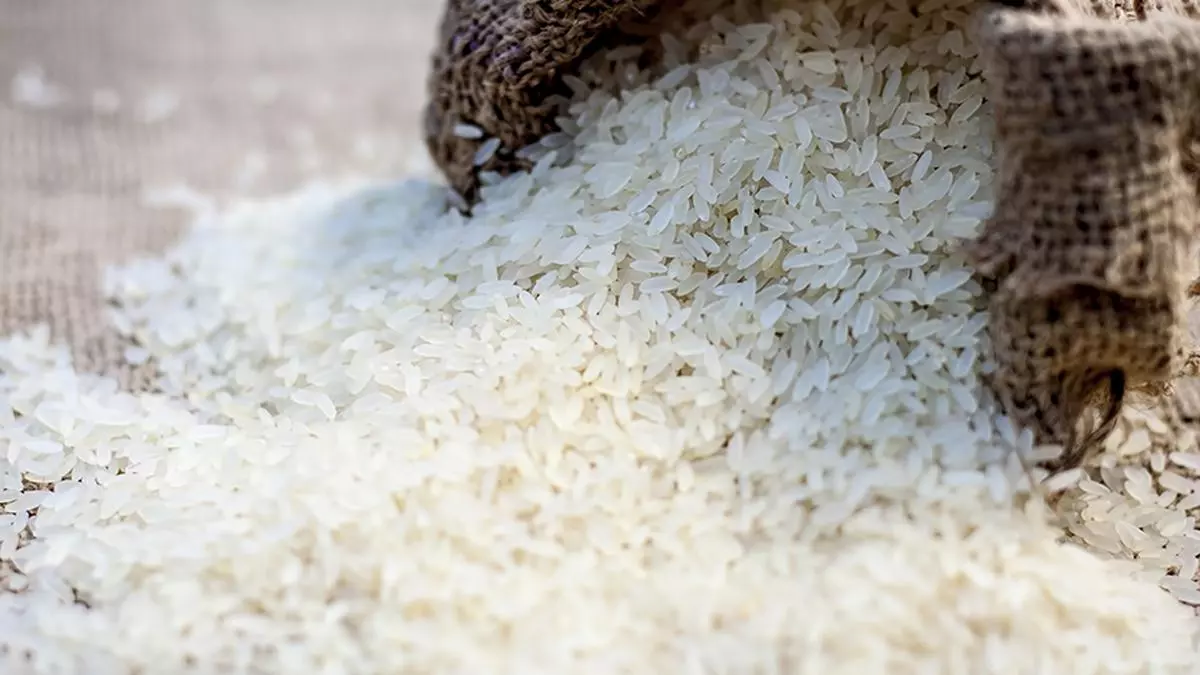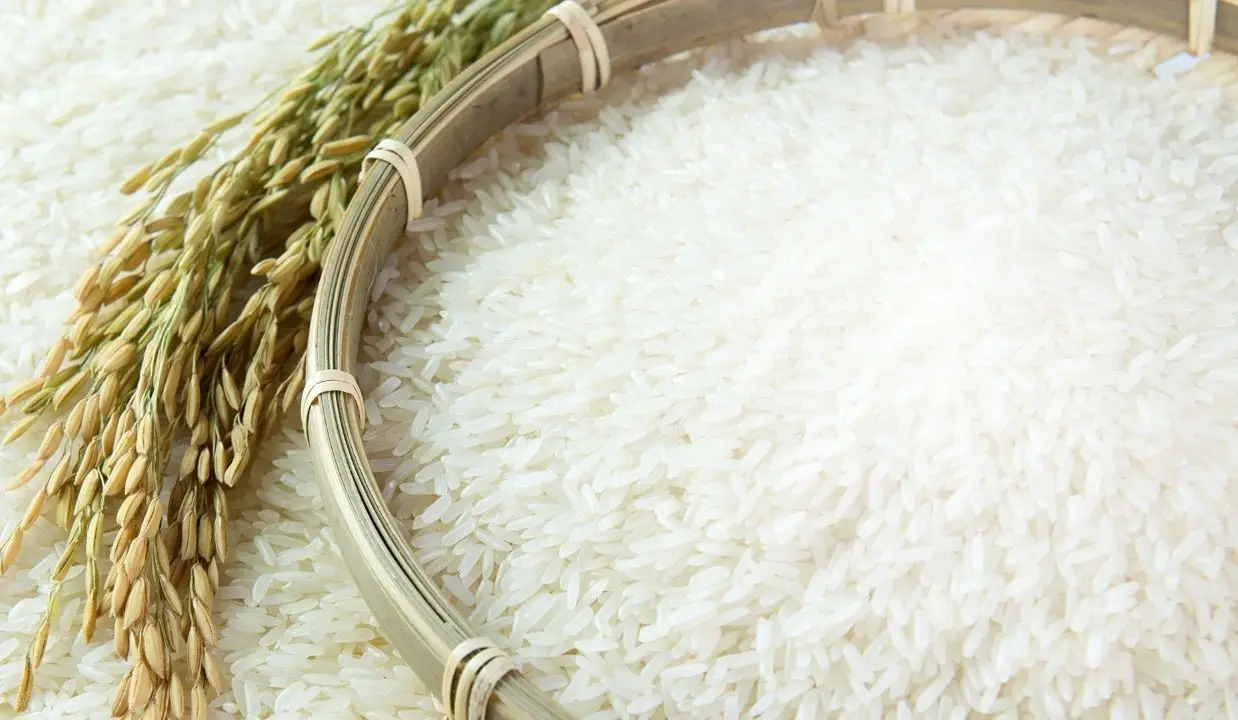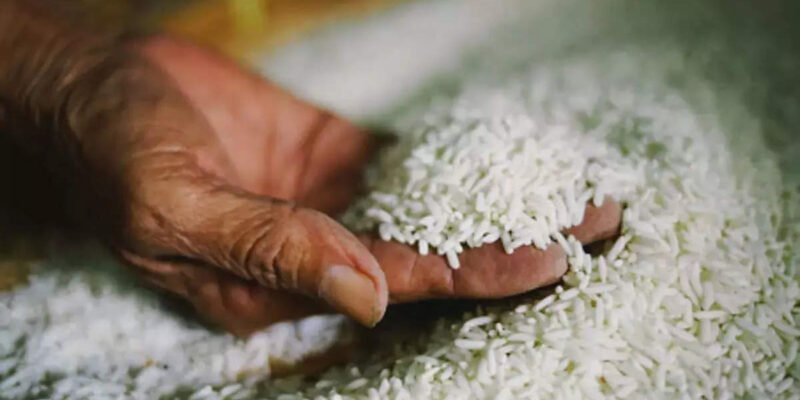India’s Rice Exports Ban: India, known as a land of diverse cultures and traditions, holds a significant position in the global rice market. In recent times, the Indian government has taken a noteworthy decision to control the prices of rice, particularly Basmati rice. This decision has already led to a rise in rice prices in other countries, while India has managed to keep its prices stable for the past 12 years. The ban on rice exports has had a significant impact on the international rice market, as prices have surged to their highest levels in 12 years.
With this decision, rice stocks have increased within the country, leading to a rise in the price of rice. The government’s aim is to ensure that rice prices remain controlled in India. However, this step has led to India gaining an advantage in the global market, with rice prices soaring. Many other nations have experienced a shortage of rice due to this restriction on rice exports. The global rice market has witnessed an increase in prices, reaching a 12-year high.
Also Read: Urban Farming: India’s First Rooftop Organic Farming Center

India’s Rice Production
Remarkably, India stands out as the country with the highest rice exports worldwide. It alone accounts for 40% of the global trade in rice. This achievement is even more impressive when considering that the country produces around 40 million tonnes of Basmati rice, a variety highly regarded for its aroma and taste. India produces approximately 177.9 million tonnes of non-Basmati rice, which contributes significantly to the global rice trade, amounting to a value of 6.36 billion dollars.
In the 2022-2023 crop season, India has produced a total of 13.54 crore tonnes of rice. This is a notable increase from the previous year’s production of 12.94 crore tonnes. This growth has attributed to the government’s decision to restrict rice exports. However, this restriction has also led to an increase in the cost of rice within the country. The price of rice per tonne has surpassed 1200 dollars, and this has impacted consumers, particularly those with limited means.

India’s Rice Production
Despite the challenges faced, the government’s decision has pushed the prices up, resulting in better sales for rice farmers. This move has provided an incentive for rice farmers to continue cultivating rice, as they can fetch better prices for their produce. It has not only stabilized rice prices within the country but has also driven exports to higher price levels. The decision, though controversial, has shown its impact on the global market and has provided an impetus for the rice industry within India.
India’s recent decision to restrict rice exports has made waves in the global market, leading to a surge in rice prices worldwide. This move has propelled India to the forefront of the rice market, with its Basmati and non-Basmati rice gaining recognition for their quality. While the decision has garnered mixed reactions, it undeniably highlights India’s significant influence on the international rice trade.
Also Read: Growing Gulkhaira Plants: A Profitable and Sustainable Opportunity in Medicinal Farming




















